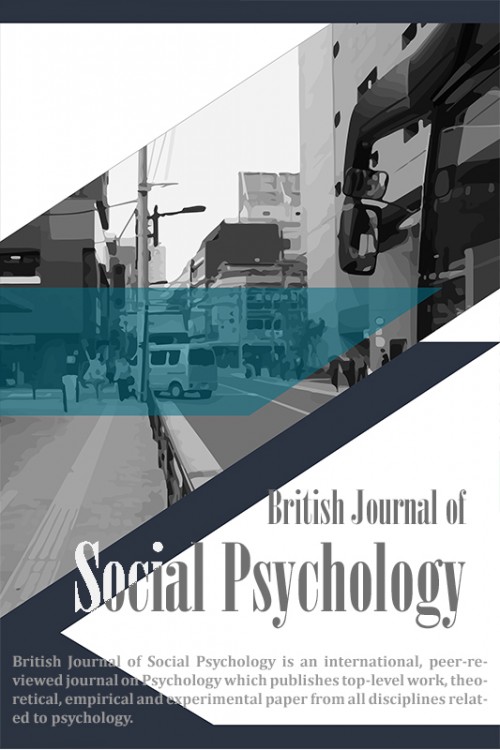
Postmodernist Curriculum with an Emphasizing on Opinions of Jean-Francois Lyotar
Abstract
The main purpose of this research is to explore the functions of the postmodernist paradigm in epistemic and the curriculum areas, with the emphasis on Jean Francois Lyotar’s views. To achieve this goal, the present study uses a qualitative strategy and a library study approach with an analytical-deductive approach. The findings of the study from the viewpoint of thinkers regarding this intellectual process, and at the head of it Lyotar, suggest that the attitudes and views of these scholars have inspired a new spirit in the formation of epistemological and curriculum techniques in the present age. The study of the effects of Lyotard as a pioneer of the postmodernist intellectual trend shows: the central and unexampled role of the teachers; unconditional, passive obedience, acceptance, and nothingness of the student; the dreary relationship between the teacher and the modern age students, in general, has been transformed into the role of facilitation and cooperation of teachers: the core, active, and learning partner of the students; and the two-sided, interwoven devotion and excitement of the teacher and the student have changed in the context of discourse in the era of Lyotar's postmodernism.